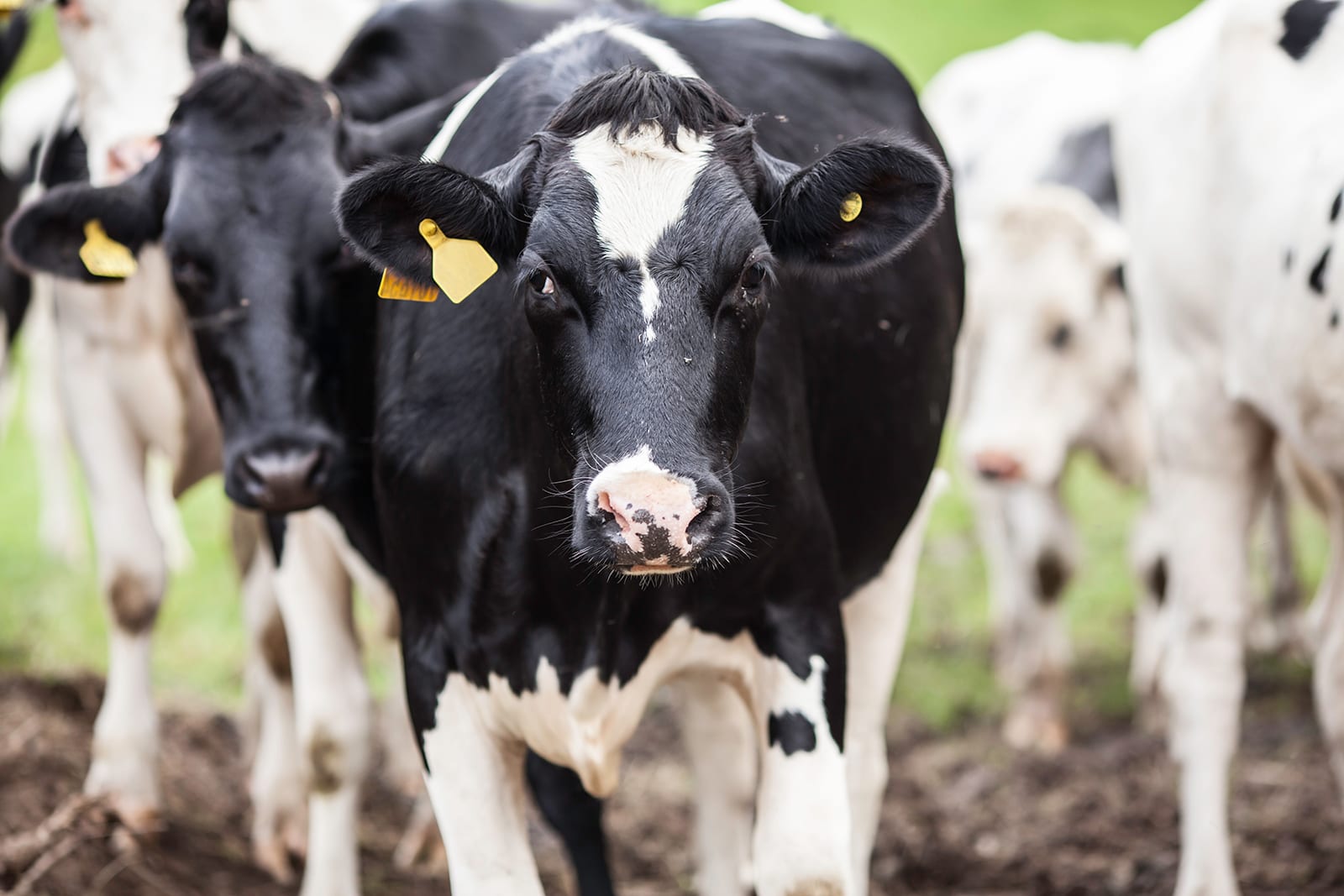Organic dairy farms benefit farmers and local economies
This article was originally published in March 2013

Organic dairy comprises 6 percent of the U.S. dairy market.According to a report by the U.S. Department of Agriculture, organic milk was the largest livestock commodity in 2011.
Washington ranked ninth among states, contributing $25.6 million to the economy.
The organic dairy sector provides more economic opportunity and generates more jobs in rural communities than conventional dairies, according to a report released in November by the Union of Concerned Scientists (UCS).
The first-of-its-kind study, “Cream of the Crop: The Economic Benefits of Organic Dairy Farms,” calculated the economic value of organic milk production.
Get big or get out?
“Over the past 30 years, dairy farmers have had a choice: either get big or get out. Dairy farmers either had to expand dramatically and become large industrial operations or they went out of business,” said Jeffrey O’Hara, agricultural economist for the Food and Environment Program at UCS and author of the report.
“However, organic dairy production offers farmers another option — one that is better for the environment, produces a healthier product, and leads to greater levels of economic activity.”
The report evaluated the economic impact of organic dairy farms based on 2008-2011 financial data from two major milk-producing states — Vermont and Minnesota. Vermont’s 180 organic farms contribute $76 million annually to the state’s economy and support 1,009 jobs. In Minnesota, 114 organic farms add $78 million to Minnesota’s economy annually and have created 660 jobs.
The report also compared the economic value that would be generated by conventional and organic farms in the two states if both experienced the same hypothetical level of increased sales.
In Vermont, organic dairy farms under that scenario would be expected to contribute 33 percent more to the state’s economy than conventional farms and employ 83 percent more workers. Similarly, in Minnesota, organic dairies would increase the state’s economy by 11 percent more and employment by 14 percent more than conventional dairy farms.
Increasing demand
Consumer demand for organic milk has jumped dramatically over the last decade, driven largely by ample evidence that it is more nutritious and less damaging to the environment than milk produced in crowded, polluting CAFOs (confined animal feeding operations).
Organic dairy farming is now a $750 million industry, and annual U.S. organic milk sales increased 12 percent in 2010, 13 percent in 2011, and 5 percent in the first seven months of 2012. In some regions, consumer demand is so significant that retail grocery chains are having a hard time keeping organic milk in stock.
Farm Bill support
Despite organic dairy farms’ benefits and rising consumer demand, the U.S. Department of Agriculture’s (USDA) farm programs and taxpayer subsidies favor big CAFOs.
The Farm Bill, which reauthorizes USDA farm programs every five years, currently provides relatively little support for organic dairy farmers. Worse, Congress failed to act on the now-overdue 2012 Farm Bill before the election, putting programs that currently help dairy producers and organic farmers at risk.
UCS’s report makes four primary policy recommendations for legislators, including offering subsidized insurance that benefits organic producers, increasing regional food system development, and increasing funding for organic agriculture.
Even modest federal support would help organic dairy farmers who already are contributing to and stabilizing regional economies, and would support farmers who want to transition to organic farming.
“More and more consumers across the country are choosing organic milk, but Washington, D.C. hasn’t gotten the message,” said O’Hara. “Investing in organic dairy production would pay off in multiple ways by keeping small farm businesses afloat, promoting local economic growth, reducing farm pollution, and meeting growing consumer demand.”
Learn more about “Cream of the Crop”
Adapted from a press release from the Union of Concerned Scientists. For more information, go to www.ucsusa.org.
